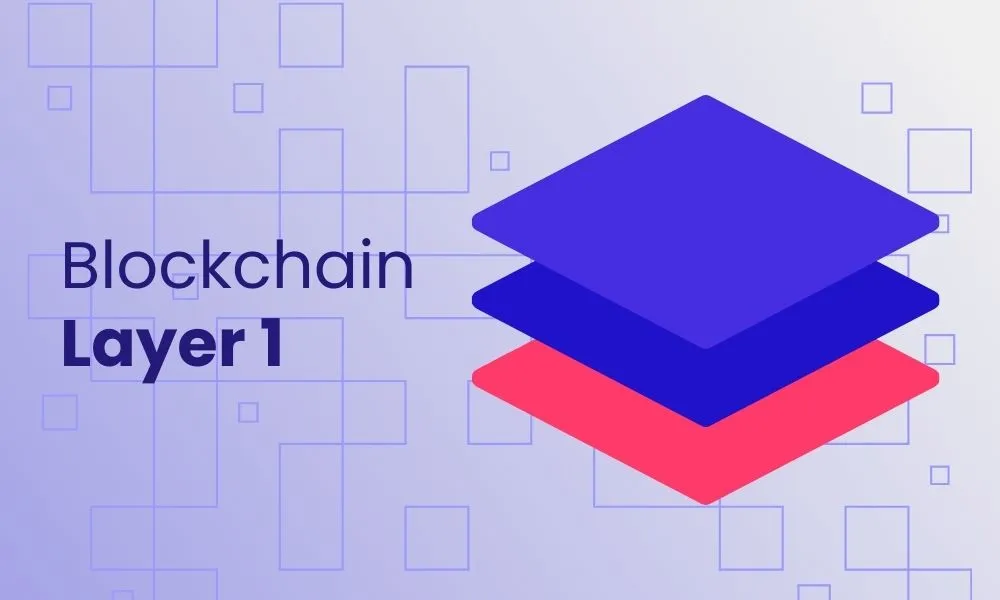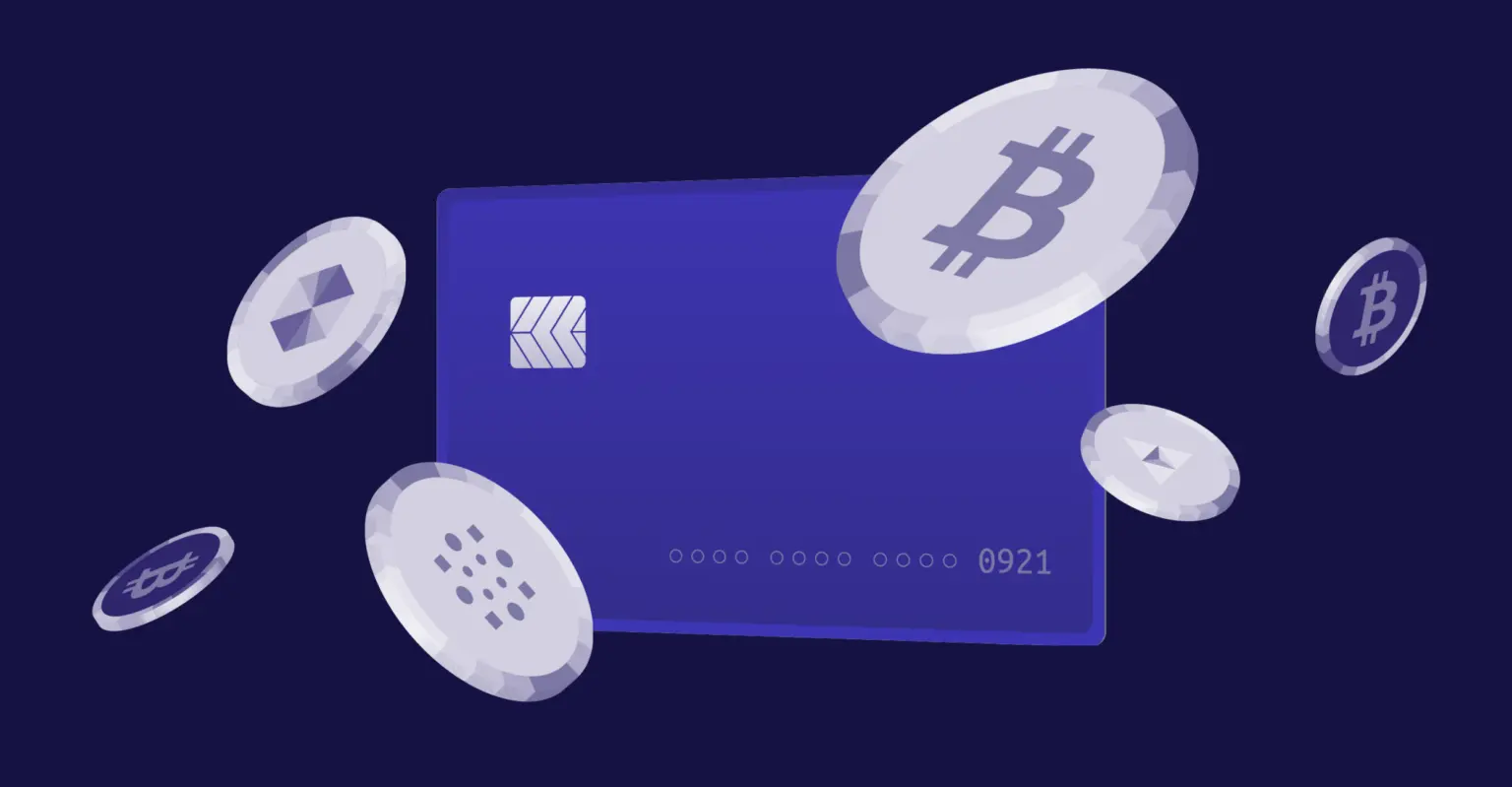Crypto Market Analysis Course: Professional Trading Education Review

Top crypto market analysis courses for 2025 include comprehensive programs covering technical analysis, fundamental research, on-chain metrics, and practical trading strategies from reputable educators.
Most crypto investors lose money because they trade on emotions, social media tips, and incomplete information. They make decisions based on hope rather than systematic analysis, treating one of the world's most complex markets like a casino.
Professional crypto traders and investors approach markets completely differently. They use systematic analysis frameworks, understand multiple data sources, and make decisions based on probability rather than certainty. Most importantly, they invest in education before risking significant capital.
The gap between amateur and professional crypto market analysis is enormous. Amateurs look at price charts and social media sentiment. Professionals analyze on-chain metrics, protocol fundamentals, macroeconomic factors, and technical patterns using proven methodologies.
Quality education is the difference between gambling and investing in crypto markets. The best courses don't just teach concepts - they provide frameworks, tools, and ongoing support that enable consistent application of professional analysis methods.
This review examines the top crypto market analysis courses available today, evaluating their content, instructors, practical application, and value for serious investors and traders.
After learning about traditional banking alternatives and estate planning, developing professional analysis skills becomes essential for optimizing crypto investment decisions.
Importance of Professional Crypto Education
Cryptocurrency markets require specialized knowledge and analysis skills that traditional finance education doesn't adequately address.
Market Complexity and Skill Requirements
Multi-Layered Analysis: Crypto markets require understanding of technology, economics, community dynamics, and regulatory factors that interact in complex ways.
Rapid Evolution: Constant innovation in DeFi, NFTs, and new protocols requires continuous learning and adaptation of analysis frameworks.
Data Source Diversity: Effective crypto analysis requires synthesizing information from on-chain metrics, social sentiment, technical patterns, and fundamental developments.
Risk Management Complexity: Crypto volatility and unique risks like smart contract failures require specialized risk management approaches.
Global Market Dynamics: 24/7 global markets with different participant types require understanding of varied market microstructures.
Cost of Poor Analysis and Trading
Capital Loss Statistics: Studies show 80-90% of crypto traders lose money, primarily due to inadequate analysis and emotional decision-making.
Opportunity Cost: Poor analysis causes investors to miss major opportunities while focusing on inferior investments.
Time Investment: Learning through trial and error is extremely expensive in both time and capital compared to systematic education.
Emotional Costs: Poor trading results create emotional stress and decision-making difficulties that compound losses.
Systematic Mistakes: Without proper education, investors make predictable mistakes that could be avoided through professional training.
Professional vs Amateur Approaches
Systematic Frameworks: Professionals use repeatable analysis frameworks rather than ad-hoc decision-making based on current market conditions.
Multiple Timeframes: Professional analysis considers multiple timeframes from short-term trading to long-term investment positioning.
Risk-First Thinking: Professionals prioritize risk management and capital preservation over maximizing potential returns.
Continuous Learning: Professional traders continuously update skills and adapt to changing market conditions.
Emotional Discipline: Professional education includes psychological training for maintaining discipline during volatile periods.
Top Crypto Analysis Courses Reviewed
Several programs offer comprehensive crypto market analysis education with different strengths and focus areas.
Decentralized Masters DeFi Analysis Program
Program Overview: Comprehensive course covering systematic crypto analysis, DeFi investment strategies, and risk management through the proven ABN System.
Instructor Credentials: Experienced DeFi professionals with track records in both traditional finance and cryptocurrency markets.
Curriculum Strengths:
- Systematic approach to DeFi protocol analysis
- Practical risk management frameworks
- Real-world case studies and applications
- Integration of technical and fundamental analysis
Unique Features:
- Focus on DeFi and yield generation strategies
- Systematic risk management emphasis
- Community support and ongoing education
- Practical implementation guidance
Target Audience: Serious investors seeking comprehensive DeFi knowledge and systematic investment approaches.
Investment: Premium pricing reflecting comprehensive content and ongoing support.
Technical Analysis Masterclass
Program Focus: In-depth technical analysis specifically adapted for cryptocurrency markets and their unique characteristics.
Content Areas:
- Chart pattern recognition in crypto markets
- Volume analysis and market microstructure
- Support and resistance in volatile markets
- Momentum and trend analysis
Strengths: Deep technical analysis focus with crypto-specific adaptations and extensive chart analysis practice.
Limitations: Limited coverage of fundamental analysis and DeFi-specific considerations.
Best For: Traders focusing primarily on technical analysis and short-to-medium-term trading strategies.
On-Chain Analytics Certification
Specialized Focus: Deep dive into on-chain metrics, blockchain data analysis, and cryptocurrency network fundamentals.
Core Topics:
- Network health and adoption metrics
- Token flow analysis and holder behavior
- Mining and validator economics
- DeFi protocol metrics and TVL analysis
Unique Value: Provides skills in analyzing blockchain data that most traditional analysts lack.
Practical Application: Strong emphasis on using tools like Glassnode, Messari, and Dune Analytics for professional analysis.
Career Applications: Valuable for analyst roles at crypto funds, research firms, and institutional investors.
Fundamental Analysis for Crypto
Traditional Foundation: Adapts traditional fundamental analysis principles for cryptocurrency and blockchain projects.
Coverage Areas:
- Tokenomics and economic model analysis
- Team and development assessment
- Competitive landscape evaluation
- Regulatory and market opportunity analysis
Methodology: Systematic approach to evaluating crypto projects using adapted traditional valuation methods.
Strengths: Strong foundation in fundamental analysis principles with crypto adaptations.
Integration: Good complement to technical analysis training for comprehensive market understanding.
Course Evaluation Criteria
Systematic evaluation helps identify courses that provide genuine value versus marketing hype.
Instructor Credentials and Experience
Professional Background: Instructors should have demonstrable success in crypto markets, not just theoretical knowledge.
Track Record: Look for instructors with publicly verifiable investment performance or professional accomplishments.
Ongoing Market Participation: Instructors should be active in current markets rather than teaching outdated strategies.
Educational Experience: Teaching ability and curriculum development skills are as important as market knowledge.
Transparency: Reputable instructors are transparent about their backgrounds, methods, and limitations.
Curriculum Comprehensiveness
Breadth of Coverage: Quality courses cover multiple analysis approaches rather than focusing on single methodologies.
Depth vs Breadth Balance: Courses should provide sufficient depth without becoming overly narrow or superficial.
Practical Application: Strong emphasis on applying concepts to real market situations rather than just theoretical learning.
Current Content: Curriculum should reflect current market conditions and recent developments in crypto markets.
Progressive Structure: Well-designed learning progression from basic concepts to advanced applications.
Practical Application Components
Real-World Projects: Courses should include analysis of real protocols, markets, and investment decisions.
Tool Training: Practical training on professional analysis tools and platforms used in the industry.
Case Studies: Detailed examination of successful and unsuccessful investments with lessons learned.
Portfolio Construction: Application of analysis skills to actual portfolio construction and management decisions.
Ongoing Practice: Opportunities for continued practice and application beyond initial course completion.
Community and Support Systems
Peer Learning: Access to communities of other serious students and practitioners for discussion and collaboration.
Instructor Access: Reasonable access to instructors for questions and clarification beyond course materials.
Resource Libraries: Ongoing access to updated resources, tools, and market analysis content.
Alumni Networks: Connection to networks of course graduates for ongoing learning and professional opportunities.
Continuing Education: Access to course updates and additional content as markets and strategies evolve.
Specialized Analysis Training Areas
Advanced crypto analysis requires specialized knowledge in emerging sectors and innovative financial products.
DeFi Protocol Analysis
Protocol Economics: Understanding tokenomics, fee structures, and sustainability of DeFi protocol business models.
Smart Contract Risk Assessment: Evaluating code quality, audit results, and ongoing security practices.
Governance Analysis: Assessing governance structures, token holder influence, and decision-making processes.
Competitive Positioning: Understanding competitive dynamics and moat strength in DeFi sectors.
Integration Risk: Analyzing risks from protocol dependencies and ecosystem integration points.
NFT and GameFi Markets
Value Assessment: Frameworks for evaluating NFT projects and gaming tokens beyond speculation.
Community Analysis: Understanding community strength, engagement, and long-term sustainability.
Utility Evaluation: Assessing real utility and use cases versus purely speculative value.
Market Dynamics: Understanding unique market dynamics in digital collectibles and gaming economies.
Technical Infrastructure: Evaluating underlying technology and scalability for NFT and gaming projects.
Derivatives and Options Trading
Crypto Derivatives Markets: Understanding futures, options, and perpetual swap markets specific to cryptocurrency.
Volatility Analysis: Specialized approaches to analyzing and trading crypto volatility.
Leverage and Risk Management: Managing leverage and understanding liquidation risks in crypto derivatives.
Cross-Market Arbitrage: Identifying and executing arbitrage opportunities across crypto derivative markets.
Institutional Flow Analysis: Understanding how institutional derivatives trading affects spot markets.
Free vs Paid Education Options
Quality education requires investment, though free resources can provide valuable supplementary learning.
Quality and Depth Comparison
Free Resources: YouTube channels, blogs, and free courses provide basic education but often lack systematic depth and current information.
Paid Programs: Professional courses typically offer more comprehensive, systematic, and current content with better organization.
Production Quality: Paid courses usually have better production values, organized materials, and professional presentation.
Content Updates: Paid programs more likely to provide regular updates as markets and strategies evolve.
Accountability: Paid education creates accountability and commitment that free resources often lack.
Support and Mentorship Access
Community Access: Paid programs typically provide access to communities of serious practitioners versus casual observers.
Instructor Support: Direct access to qualified instructors for questions and guidance.
Mentorship Opportunities: Some premium programs include mentorship components for personalized guidance.
Networking Value: Paid programs often connect students with networks of serious investors and industry professionals.
Ongoing Relationship: Investment in education often creates ongoing relationships for continued learning.
Certification and Credentials
Professional Recognition: Some paid programs offer certifications recognized by industry employers and firms.
Credential Value: Professional certifications can enhance career opportunities and credibility.
Continuing Education: Many certifications require ongoing education to maintain, ensuring current knowledge.
Portfolio Enhancement: Professional credentials enhance resumes and professional profiles.
Industry Standards: Recognized certifications help establish professional standards in crypto analysis.
Building Your Analysis Skill Set
Developing professional crypto analysis skills requires systematic approach and ongoing practice.
Foundation Building: Start with fundamental concepts including traditional finance, economics, and basic technical analysis.
Crypto Specialization: Build crypto-specific knowledge including blockchain technology, DeFi mechanics, and market dynamics.
Tool Proficiency: Develop proficiency with professional analysis tools, data sources, and trading platforms.
Practical Application: Apply learning to real market analysis and investment decisions with appropriate risk management.
Continuous Improvement: Regularly assess and improve analysis methods based on results and changing market conditions.
Network Development: Build relationships with other professionals for knowledge sharing and career development.
Continuing Education and Skill Updates
Crypto markets evolve rapidly, requiring ongoing education and skill development throughout your career.
Market Evolution: Stay current with new protocols, market structures, and analysis techniques as they develop.
Technology Updates: Understand new blockchain technologies and their implications for investment analysis.
Regulatory Changes: Monitor regulatory developments and their impact on analysis frameworks and investment strategies.
Tool Updates: Learn new analysis tools and platforms as they become available and relevant.
Strategy Refinement: Continuously refine and improve analysis methods based on market feedback and results.
Professional Development: Attend conferences, workshops, and continuing education programs for ongoing skill development.
Return on Investment from Education
Quality crypto education typically provides significant returns through improved investment performance and career opportunities.
Performance Improvement: Professional education often pays for itself quickly through improved trading and investment results.
Loss Prevention: Avoiding major mistakes through proper education can save multiples of education costs.
Opportunity Recognition: Better analysis skills enable recognition of opportunities that less educated investors miss.
Career Benefits: Professional credentials and skills can lead to career opportunities in the growing crypto industry.
Network Value: Professional education provides access to networks that create ongoing value.
Confidence Building: Systematic education builds confidence for making larger, more profitable investment decisions.
Ready to develop professional crypto analysis skills? Decentralized Masters offers the comprehensive ABN System for systematic crypto analysis and DeFi investment strategies. Learn how professional analysis integrates with banking alternatives and estate planning for complete financial success.
Frequently Asked Questions
How do I know if a crypto course is legitimate?
Look for transparent instructor credentials, realistic promises, comprehensive curriculum, and positive reviews from verifiable graduates.
Should I focus on technical or fundamental analysis?
Professional analysis requires both approaches, as they provide different insights that complement each other effectively.
What's the most important skill for crypto market analysis?
Risk management and emotional discipline are often more important than specific technical or fundamental analysis techniques.
Do I need traditional finance background for crypto analysis?
Traditional finance knowledge helps but isn't required. Good courses teach necessary foundational concepts along with crypto-specific skills.
How long does it take to become proficient at crypto analysis?
Basic proficiency typically requires 3-6 months of systematic study, while professional-level skills develop over 1-2 years of practice.
Can I learn crypto analysis for free online?
Free resources provide basic education but lack the systematic depth and support needed for professional-level analysis skills.
How do I choose between different crypto education programs?
Evaluate instructor credentials, curriculum comprehensiveness, practical application focus, and community support systems.
Are crypto analysis courses worth the investment?
Quality courses typically pay for themselves quickly through improved investment performance and avoiding costly mistakes.




